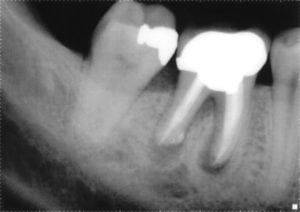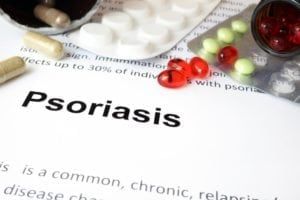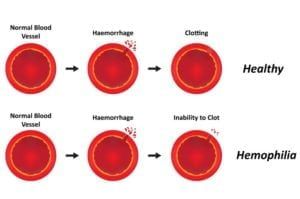Dental emergencies happen all the time, but some require treatment from an endodontic specialist. Endodontists frequently treat patients who are experiencing sudden and severe pain due to damaged or diseased teeth. Some of the most common endodontic emergencies pertain to cracked teeth, badly infected teeth, and inflamed or infected bone tissues beneath the gums. Seeing a specialist means getting instant pain relief and reliable treatment from someone who treats similar emergencies every day. Most endodontists will administer anesthesia and sedation to help you relax during your treatment. In fact, the majority of patients experience no pain at all during their procedures.
Did you know…
that an emergency root canal could be the most effective means of relieving sudden and seemingly unbearable tooth pain? Often, the tell-tale sign of an endodontic emergency is tooth pain that begins moderately and progresses to get much worse. Endodontic emergencies require immediate treatment from an endodontist who can make room for your emergency day or night.
Frequently Asked Questions
Do I need emergency treatment from an endodontist?
If you are experiencing sudden, unrelenting tooth pain that is not subsiding and seems to be worsening, you should probably see an endodontist right away. Getting immediate treatment will not only help relieve your pain, but it could save your tooth too.
What should I expect at an emergency endodontic appointment?
You can expect to be seen very quickly during your endodontic emergency. Your endodontist will examine your mouth and may obtain x-rays to identify the source of the pain and determine whether your tooth can be saved. You’ll be anesthetized and given treatment on the spot. After all, when you are in pain, you don’t have time to wait.
Is there anything I can do to avoid future endodontic emergencies?
Yes. Start by maintaining your general dental appointments to have your teeth cleaned and prevent excessive decay. Avoid eating hard foods like ice that can chip, crack or break your tooth unexpectedly. Also, you can avoid the need for an endodontic retreatment by caring for your new restoration. If you maintain good oral health and regularly clean around your endodontic treatment site, your treated tooth could outlast your natural ones.











































































































































































































































































































